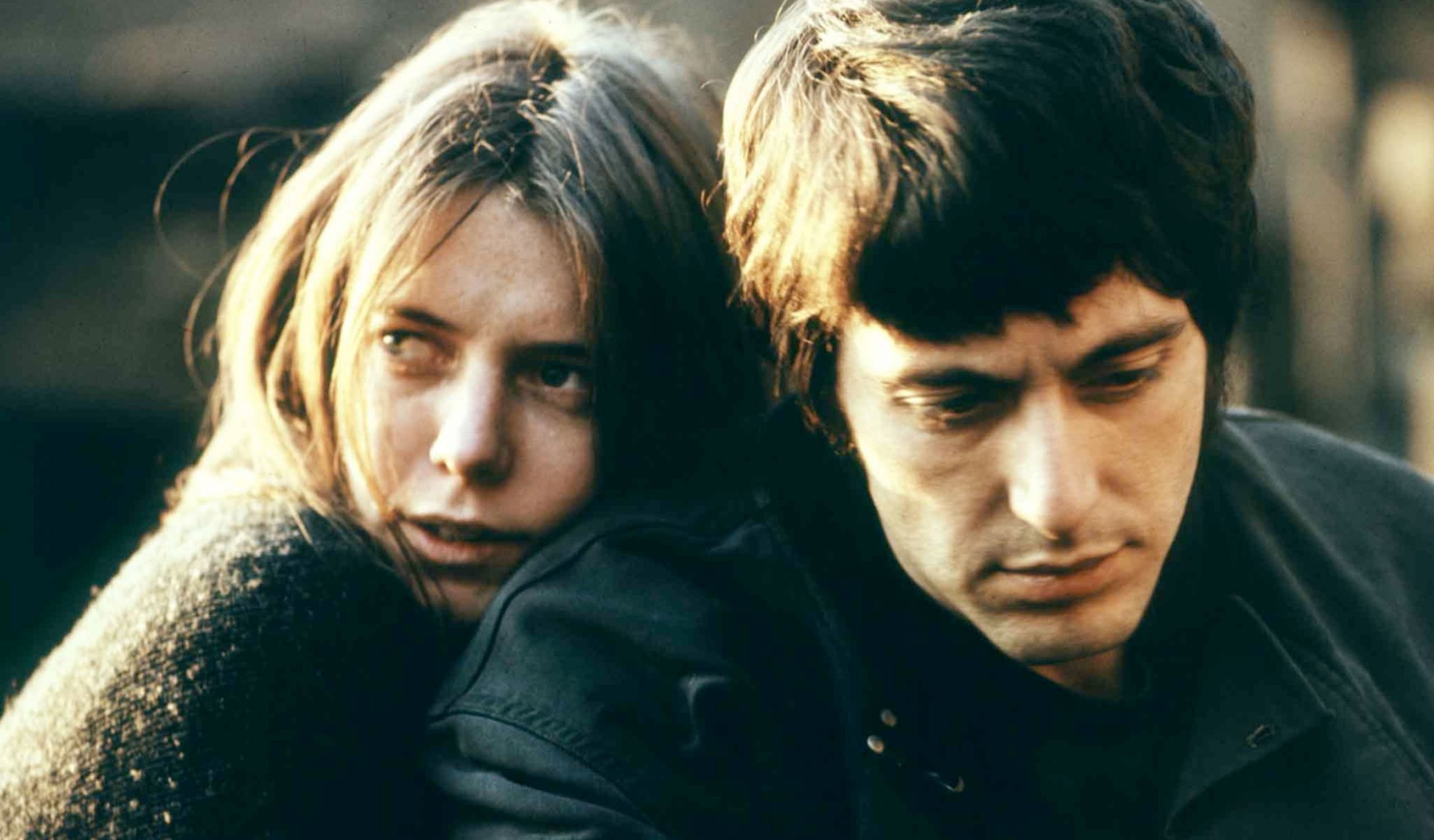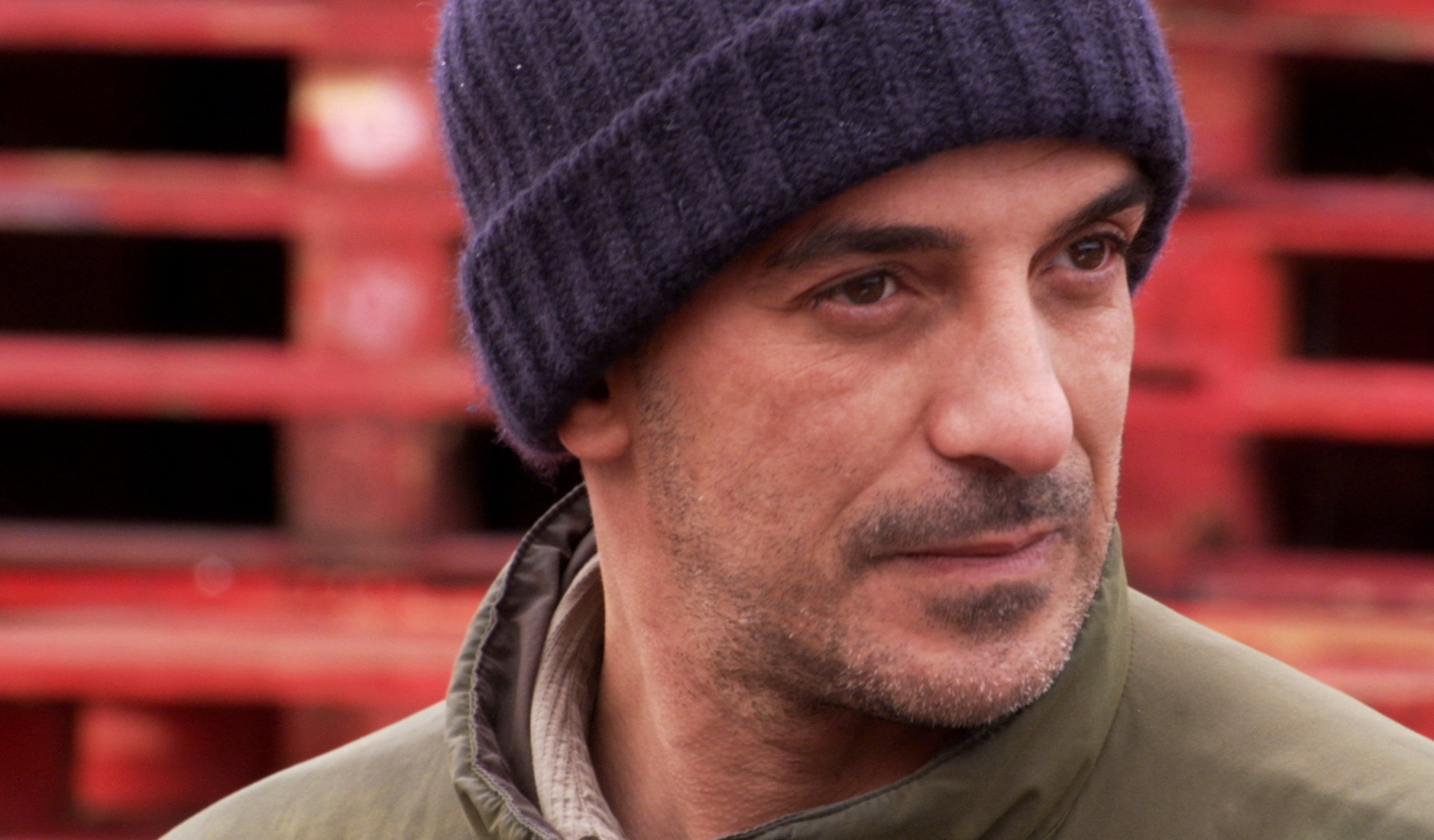Events
19.02.2026Marseille, Les Variétés
CinéFID x l’Atelier des artistes en exil #4
BULAKNA, Leonor Noivo
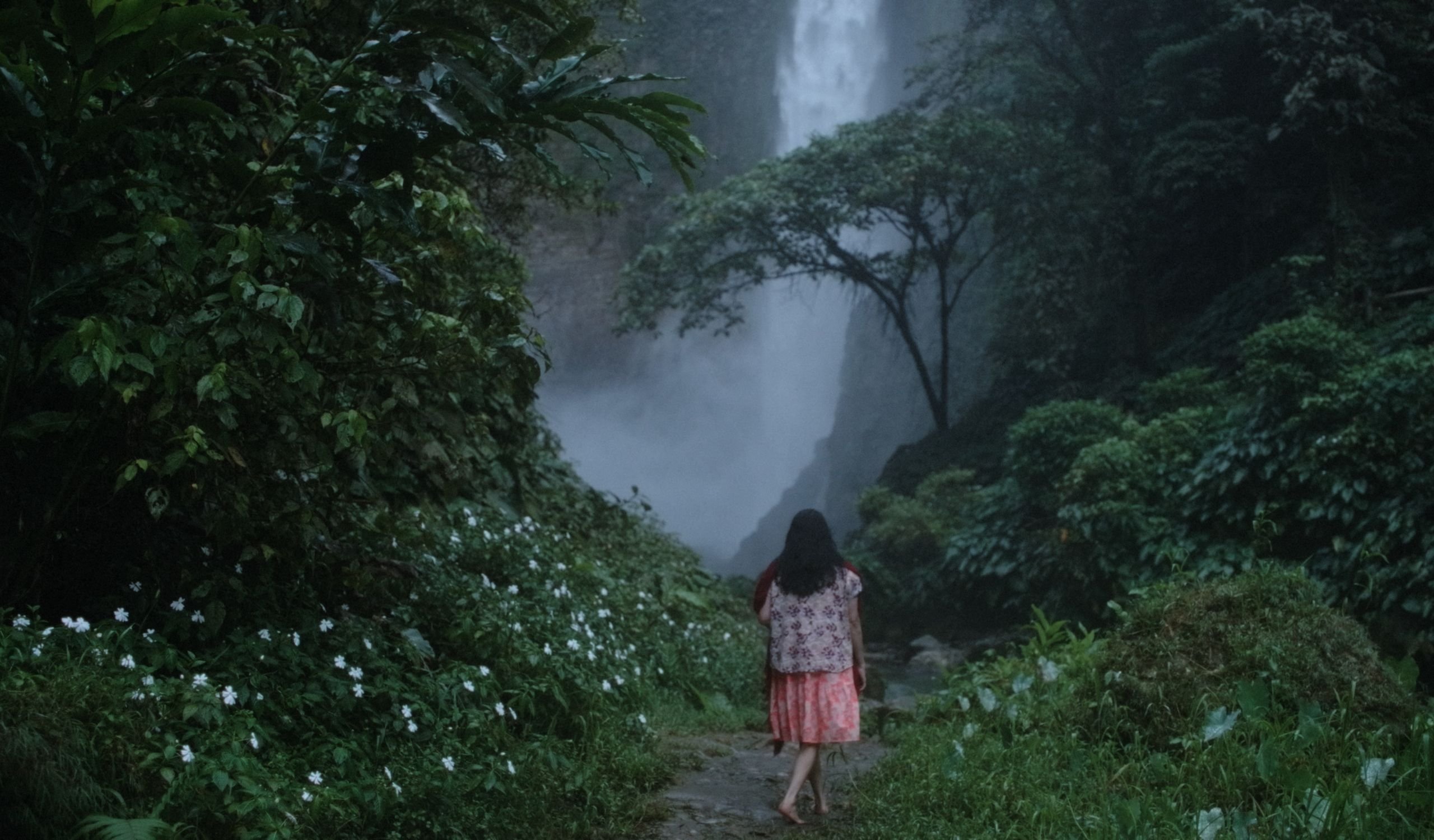
23.02.2026Marseille, La Baleine
CinéFID - Préhistoires
PRÉHISTOIRES, Laurent Krief
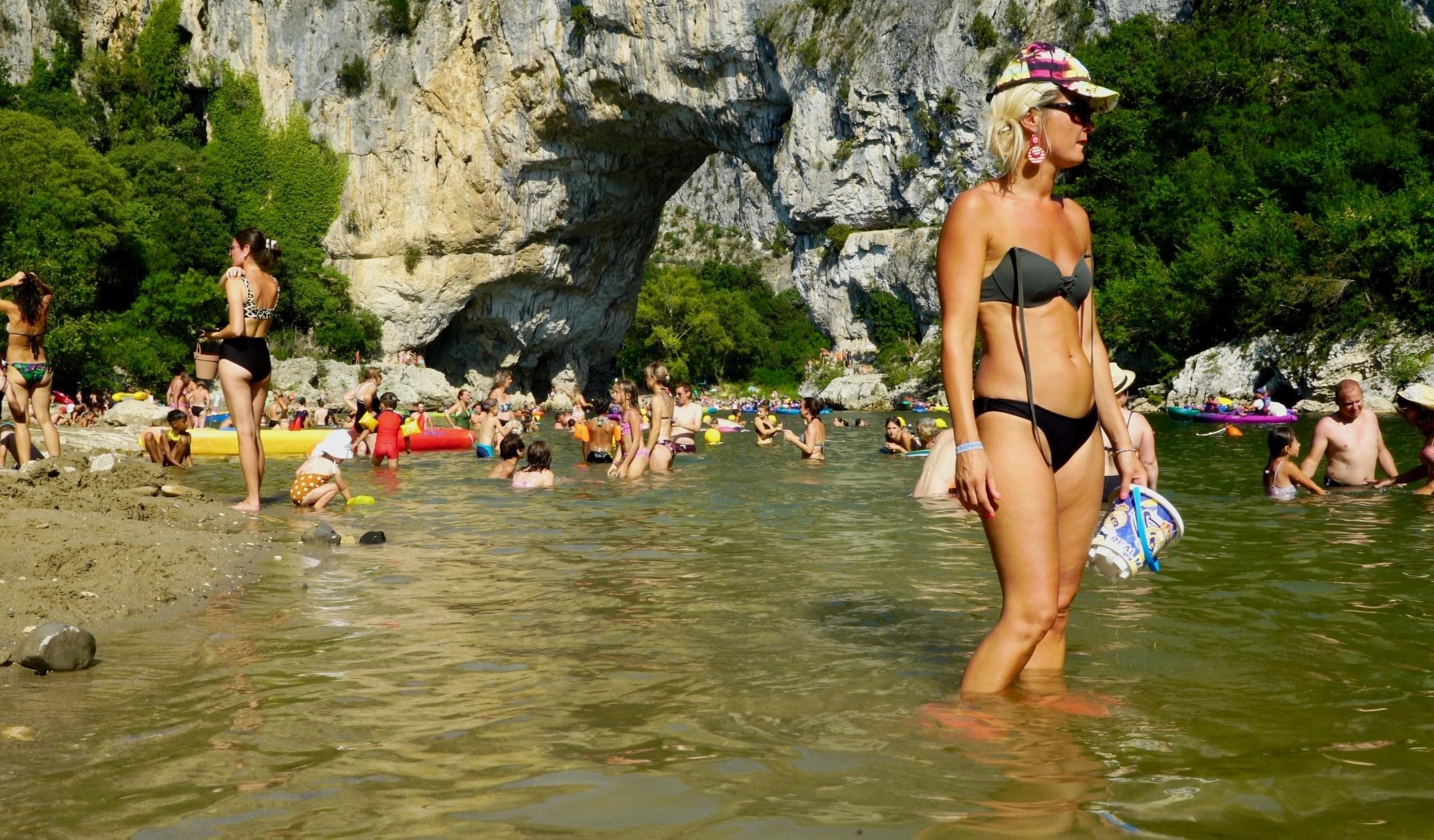
04-09.03.2026Barcelone, Zumzeig
FIDMARSEILLE x ZUMZEIG
FIDMarseille 36th edition showcase at Zumzeig Cinecooperativa Barcelona
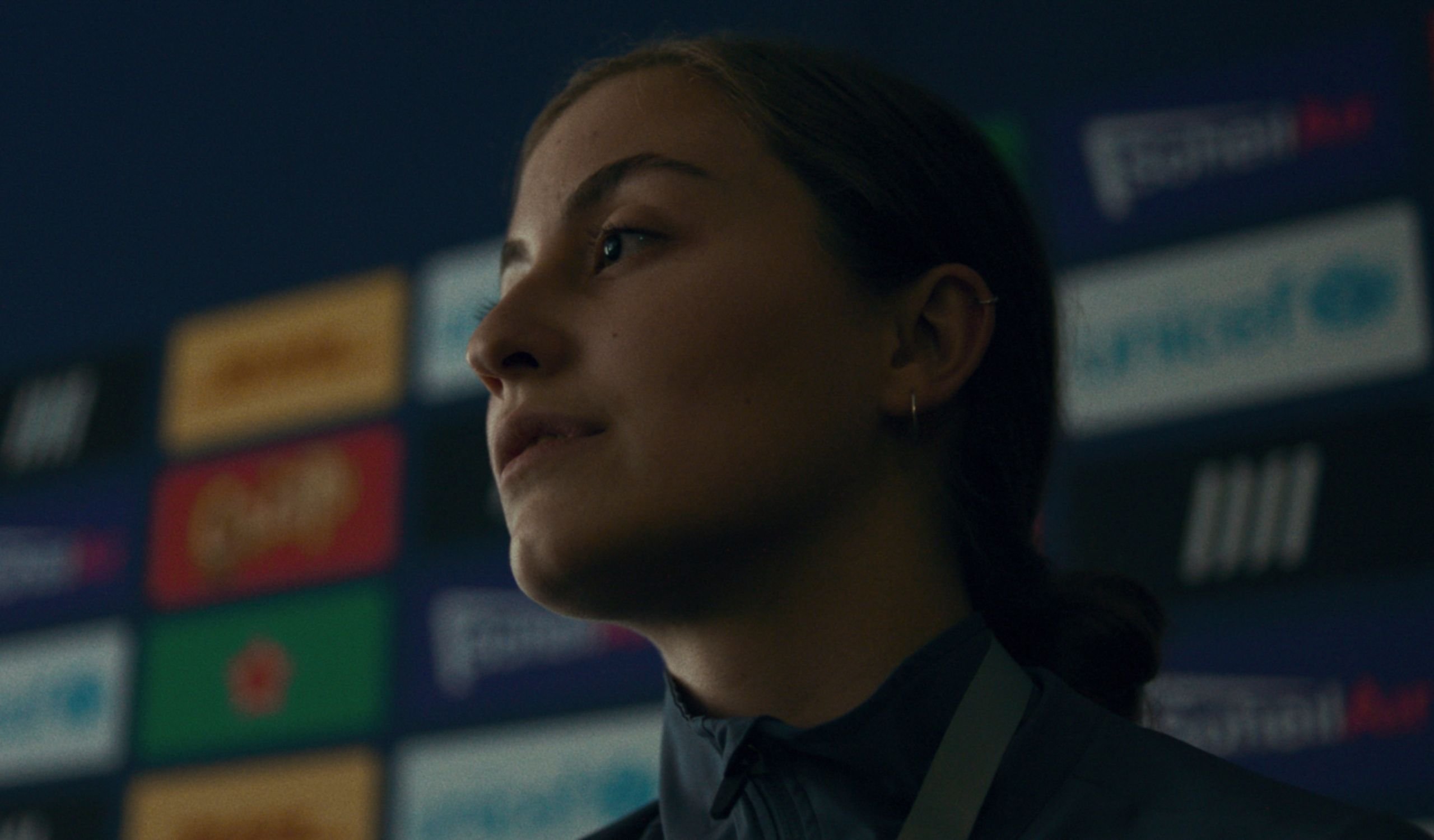
07.03.2026Marseille, Cinéma Le Gyptis
FIDMarseille x Documentaire sur grand écran
A FIDAI FILM, Kamal Aljafari
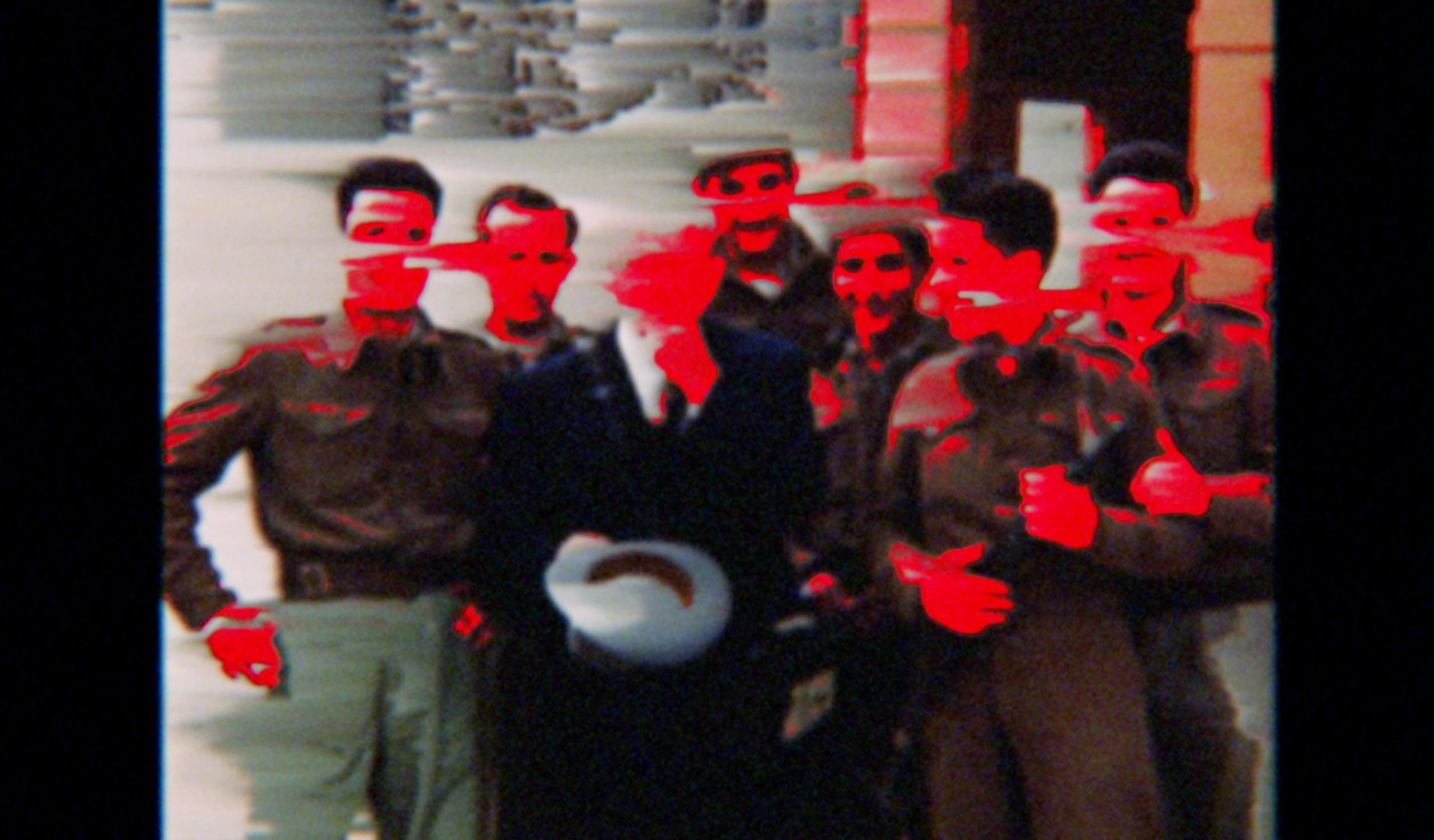
10.03.2026Marseille, Les Variétés
FIDMARSEILLE x La Criée #8
THE PANIC IN NEEDLE PARK, Jerry Schatzberg
